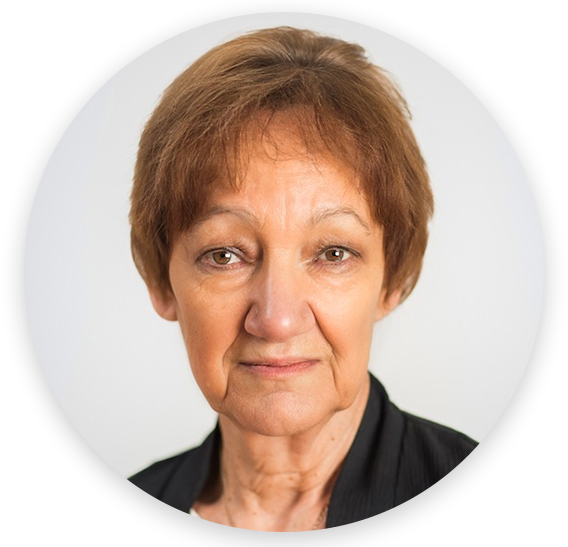
Diana Laurillard
About the Speaker
Teachers as design scientists
Collaboration on innovation in blended learning
As blended learning is now becoming a significant part of higher education, there is a great deal of innovative work to be done to develop these new modes of learning and teaching.
Teachers are on the front line of these trends because they are with their learners every day, able to discover what works, and what does not. Teachers can be supported as the design scientists we need, acting as a collaborative community, as do scientists and scholars, to build new knowledge, in this case about blended learning.
The keynote will propose ways in which teachers can now act for themselves as designers of blended learning, by collaborating on sharing and testing new digital pedagogies. It will demonstrate a learning design tool for teachers in all sectors, which is free, open, and available online.
The Learning Designer tool uses the theory-based Conversational Framework for the teaching-learning process to support the detailed development of a sequence of pedagogic activities to facilitate active and social learning. The talk will include learning designs that make use of specific types of digital technology, such as Quiz tools, Menti, Padlet, Chat, and digital games to enhance the learning targeted on selected curriculum learning outcomes as examples.
This type of innovation is guided by a simple Theory of Change that will illustrate how we can use digital tools to respond to learning needs, as well as to bring teachers together as collaborative innovators via MOOC platforms. There will be opportunities for audience interaction via online communication tools.
